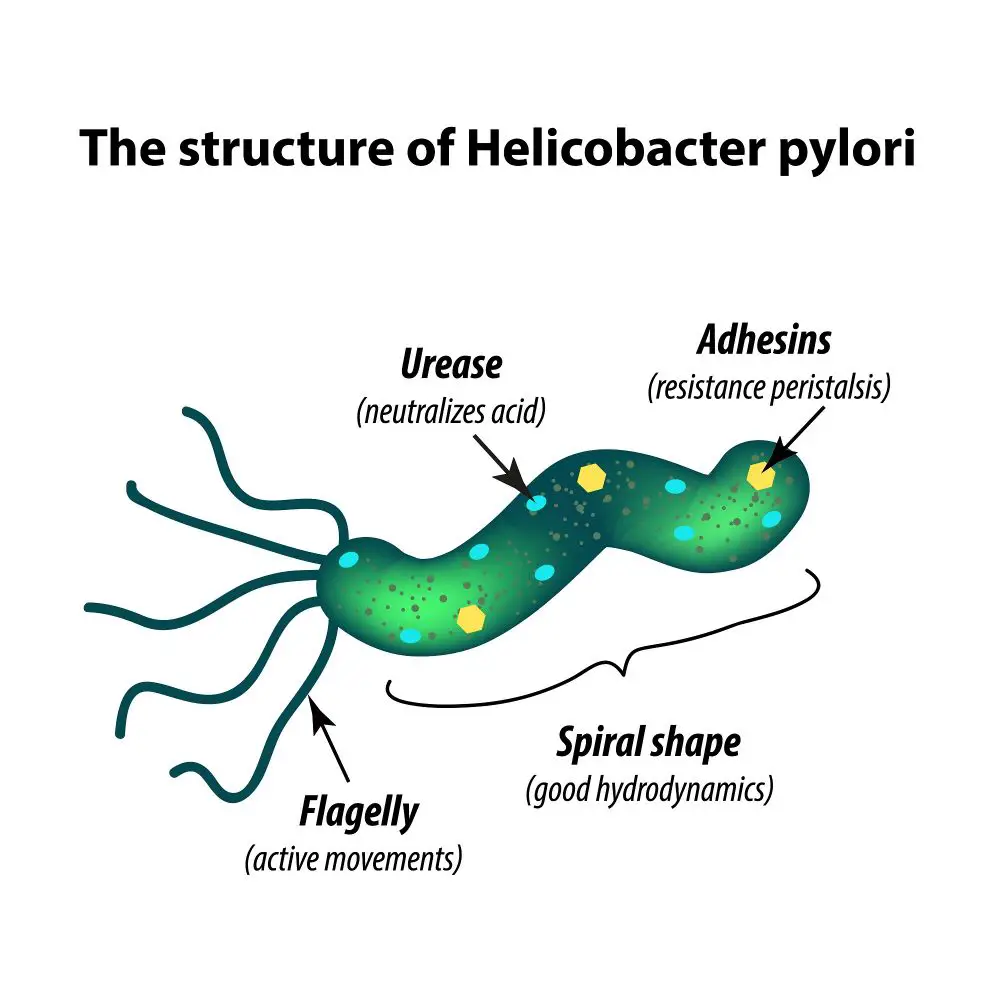Helicobacter pylori, IgM Ab
$60.00
CPT #86677
Helicobacter pylori (H. pylori) is a type of bacteria that primarily infects the stomach and is a common cause of various gastrointestinal conditions. It is known for its role in the development of peptic ulcers and chronic gastritis and has been associated with an increased risk of stomach cancer.
The Condition
H. pylori infection is widespread globally, with many people harboring the bacteria without showing symptoms. When symptoms do appear, they often result from the bacteria damaging the stomach’s protective lining. H. pylori thrives in the acidic environment of the stomach by producing enzymes that neutralize stomach acid, allowing it to survive and cause inflammation.
Impact of H. pylori Infection
- Gastritis: H. pylori can cause chronic inflammation of the stomach lining (gastritis). This condition may be asymptomatic or lead to symptoms such as bloating, nausea, or pain in the upper abdomen.
- Peptic Ulcers: The most common complication of H. pylori is peptic ulcers, which occur when the bacteria erode the stomach or duodenal lining, leading to ulcers. Symptoms include burning abdominal pain, indigestion, nausea, vomiting, and sometimes bleeding.
- Stomach Cancer: Long-term infection with H. pylori increases the risk of developing gastric cancer, specifically adenocarcinoma and gastric mucosa-associated lymphoid tissue (MALT) lymphoma.
- Iron Deficiency Anemia: Chronic infection may impair the body’s ability to absorb iron, contributing to iron deficiency anemia, especially in the presence of stomach inflammation or ulceration.
Symptoms of H. pylori Infection
- Abdominal pain or discomfort
- Bloating
- Frequent burping
- Loss of appetite
- Nausea or vomiting
- Dark or tarry stools (indicating bleeding ulcers)
- Fatigue (if anemia is present)
Testing for H. pylori
The breath test is available with this order, through Lab Corp.
- Urea Breath Test:
- This is one of the most accurate and non-invasive methods to detect active H. pylori infection.
- The patient ingests a substance containing urea labeled with a special carbon isotope. If H. pylori is present, the bacteria will break down the urea, releasing labeled carbon dioxide, which can be detected in the breath.
- Stool Antigen Test (if ordering CDSA stool analysis, this can be included as an addon)
- This test looks for antigens (foreign substances that trigger an immune response) related to H. pylori in the stool.
- It is highly accurate and can detect an active infection. It’s often used to confirm eradication after treatment.

